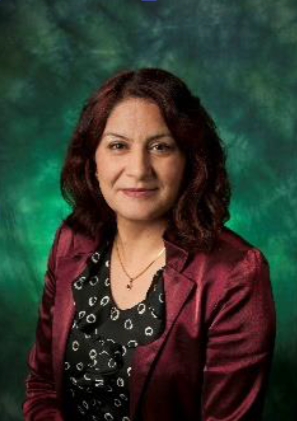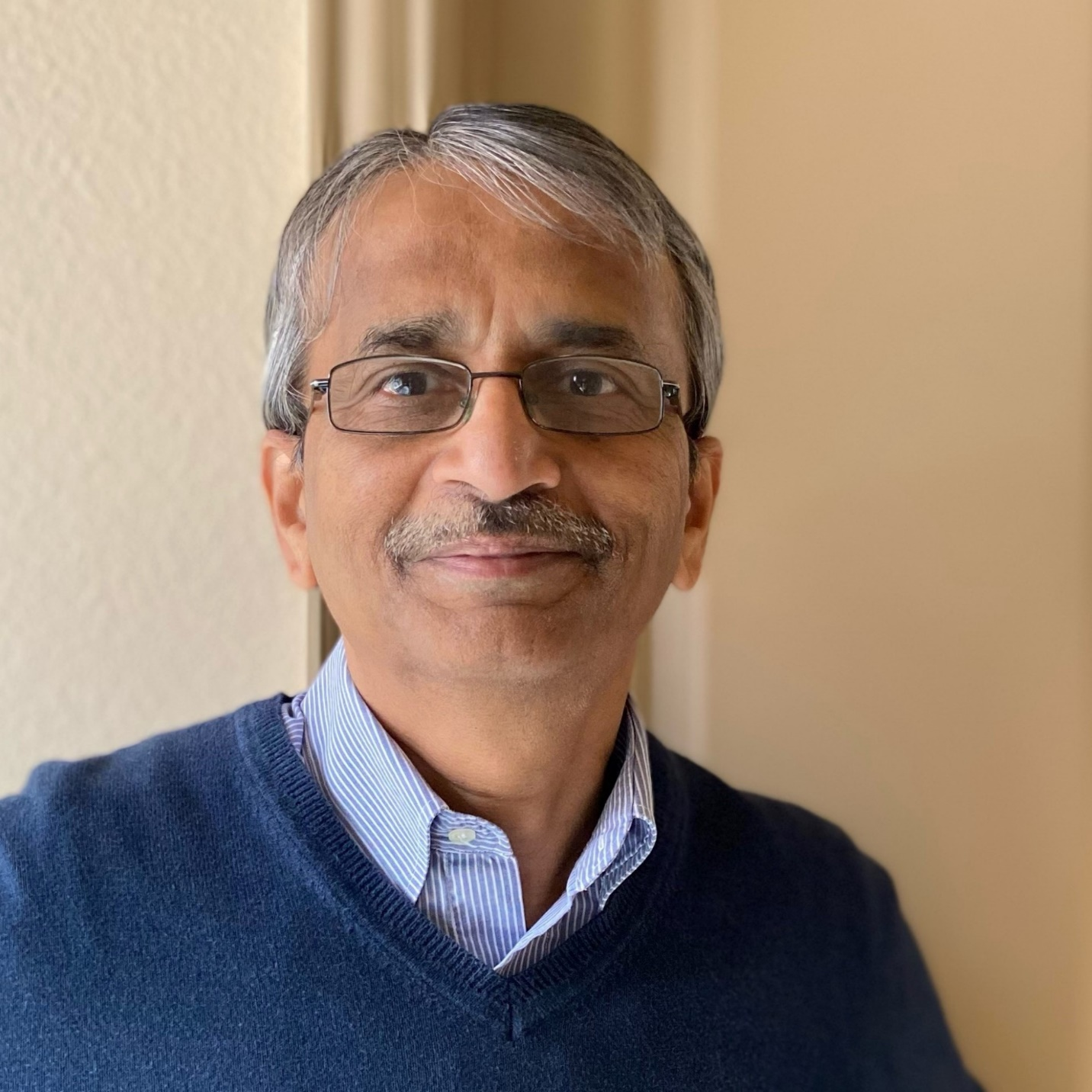
Dr.Anupama B. Kaul
Professor
Materials Science & Engineering
University of North Texas
Date and time: April 11, 2025, 2:30 p.m. Central Time
Title: Electronics, Photonics and Sensing Technologies in the Post Moore’s Law Era with Emergent Two-dimensional Semiconductors
Summary:
Silicon and the related three-dimensional family of semiconducting crystals have had a transformational impact on our society over the course of about seven decades now, with ultra-miniaturized electronic and optoelectronic devices at the heart of modern day microprocessors. While Moore’s Law scaling has advanced integrated circuits and microprocessor technologies to smaller and smaller dimensions, in the More Moore and More than Moore discourse, emergent materials are gaining attention to help address some of the challenges and bottlenecks faced with device scaling. Amongst these materials are also the emergent class of van der Waals solids, where a weak out-of-plane glue-like bond allows the two-dimensional (2D) semiconducting monolayer membranes to reside in a state free from perturbations or dangling bonds, which positions them well for high-performance devices. In this talk, I will discuss our interdisciplinary research on examining the light-matter interactions in such 2D semiconducting crystals towards electronics, photonics, energy harvesting, sensors and quantum technologies.
Dr. Anupama B. Kaul is the PACCAR Endowed Professor of Engineering at the University of North Texas (UNT). With funding exceeding $12M received as a PI, currently she also serves as PI/Director of the SEEP-IT Consortium from the US DOE involving more than 40 personnel nationwide. From 2017 – 2022, Kaul served as Director of the PACCAR Technology Institute at UNT. Prior to joining UNT in 2017, Kaul was Associate Dean for Research and Graduate Studies in the College of Engineering and held the AT&T Distinguished Professorship in the ECE Department at the University of Texas, El Paso (UTEP). At UTEP, Kaul earned four recognition awards in 2015 and 2016 from the Vice President for Research Office for her research, while in 2013 she received the NSF Director’s Award for Program Management Excellence. During her 12-year tenure at JPL-NASA, Caltech, she received the NASA Service Award, a NASA Team Technical Accomplishment Award, multiple NASA Patent Awards and numerous NASA Technology Brief Awards for her research. In 2012, Kaul was selected to be a participant at the US National Academy of Engineering (NAE) Frontiers of Engineering (FOE) Symposium, and in 2014 she was invited to participate in the bi-lateral Indo-US FOE. Kaul is Fellow of SPIE and Fellow of the Class of 2016 ELATE’s executive leadership development program. She has given more than 90 invited, keynote and plenary talks at international conferences and obtained her M.S. and Ph.D. degrees from UC Berkeley in Materials Science and Engineering with minors in ECE and Physics, and B.S. degrees with Honors in physics and engineering physics from Oregon State University.

John Lauer
CEO
Adom Industries Inc.
Date and time: April 12, 2025, 10:30 a.m. Central Time
Title: Entrepreneurship & Innovation in Robotics and AI
Summary:
Adom Industries is democratizing access to microelectronics hardware prototyping by building a single high-end facility that engineers anywhere can access remotely. The result is lightning fast prototyping, remote collaboration for hardware akin to Github and an unprecedented rental ecosystem that will give engineers access to components and equipment that would otherwise would be too expensive for them to purchase. Adom's CEO will present the company's exciting vision and remarkable progress to date.
With two exits now under his belt, John Lauer has proven that he can build large complex tech businesses. John's last tech company, Zipwhip, sold to Twilio for $1 billion. Prior to Zipwhip, John created Simplewire and led its growth to $350M in annual revenue. John was also the founder and creator of ChiliPeppr, the world's first open-source CNC machine operating system. ChiliPeppr gave the maker community the first freely available tool to operate CNC machines from a 3D control interface inside their web browser and provided an early inspiration for Adom Industries.

